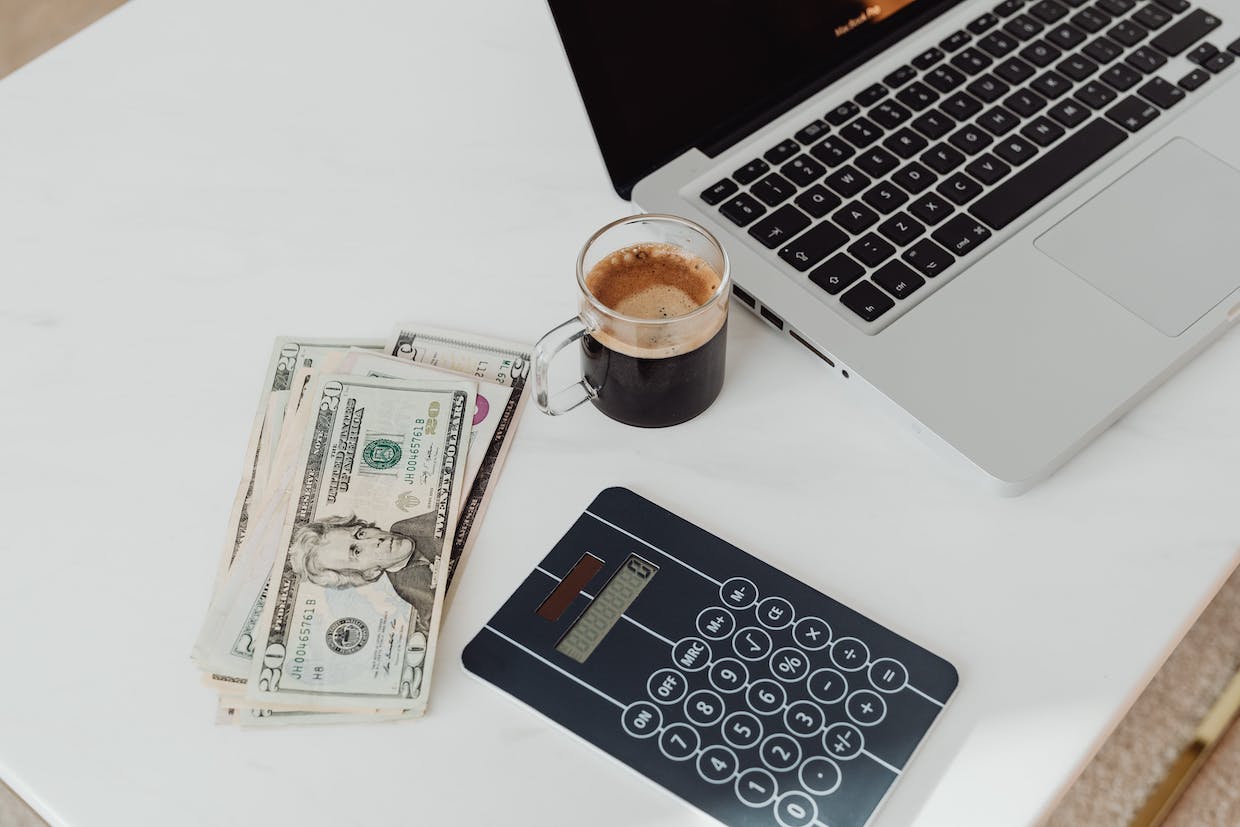
Stock photo depicting an assortment of objects that might be loosely associated with financial trading and drinking coffee.
A study involving hundreds men working in financial trading suggests an interdependency between drinking alcohol and caffeinated coffee can develop in order to self-regulate sleep.
The peer-reviewed study — which was written by researchers at the University of Washington and University of California, Berkeley, and published last week in PLOS One — explores how sleep might be affected by the two substances in real-world conditions.
Seeking a population in which there is natural work-related stress combined with high consumption rates of alcohol and coffee, the researchers reached out to a group of stock traders. All of the more than 550 respondents over the six-week study period were men, a limitation of the study that was duly noted by the authors.
“Alcohol and caffeine are two of the most commonly used substances for altering human consciousness,” the authors wrote. “While their adverse effects on sleep have been separately examined in the laboratory and epidemiological levels, how they impact real-world night-to-night sleep, in isolation or together, remains unclear. This is especially true in occupations wherein the use of alcohol and caffeine is high.”
The researchers cited numerous previous studies outlining how alcohol consumption can significantly degrade the “quality” of sleep. The paper also notes that caffeine consumption can lead to a reduction in sleep “quantity,” rather than a marked alteration in sleep quality.
However, when combined in the course of a given day, alcohol was found to partially mitigate the impairments of sleep quantity associated with caffeine — a finding that ran contrary to one of the study’s hypotheses.
“This finding suggests the sedating effects of alcohol and the psychoactive stimulant effects of caffeine obscure each other’s impact on sleep quantity and sleep quality, respectively — potentially explaining their interdependent use in this cohort (i.e., “self-medication” of evening sedation with alcohol to combat the prior daytime ingestion of caffeine and vice versa),” the authors wrote.
To be clear, the authors are not suggesting heavy coffee drinkers should turn to alcohol if they want to sleep longer — especially given the myriad ways in which alcohol negatively affects sleep quality. They wrote, “this is not to imply that alcohol consumption is a useful tool for overcoming the negative effects of excessive caffeine consumption.”
Find the full study here.
Does your coffee business have news to share? Let DCN’s editors know here.







Comment